Making Cents of It | Week 3 | Pastor Ben Pierce
Stretching Your Financial Capacity in Uncertain Times
Understanding how to cultivate our financial capacity is crucial in a world marked by financial uncertainty. This blog explores the principles of financial stewardship shared by Pastor Ben Pierce, focusing on how we can thrive rather than survive during challenging economic times.
Welcome and Introduction
Welcome to our community! We are excited to have you here as we delve into the important topic of financial stewardship. This blog aims to provide insights that can help you navigate the complexities of today’s financial landscape.
Understanding Financial Uncertainty
In today’s world, financial uncertainty is a common experience. With fluctuating markets and rising costs, it can feel overwhelming. Understanding the dynamics of financial uncertainty is the first step toward making informed decisions.
Financial uncertainty can lead to anxiety, causing many to retreat into a conservative mindset. However, understanding this uncertainty can empower you to act strategically rather than reactively.
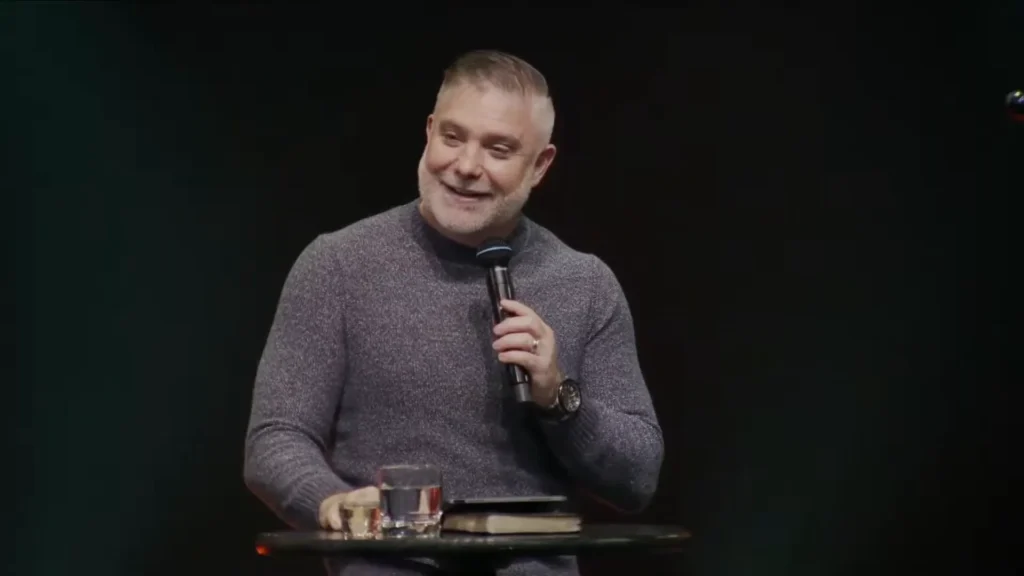
The Importance of Financial Wisdom
Financial wisdom is crucial in times of uncertainty. It allows individuals to make informed decisions that align with their long-term goals. The principles of stewardship found in scripture offer timeless guidance.
By applying these principles, you can cultivate a mindset that prioritizes growth, even in challenging times. It’s about making choices that reflect not just immediate needs but also future aspirations.
Statistics on Financial Stress
Recent studies reveal alarming statistics regarding financial stress. According to a 2022 survey, money is the leading source of stress for adults aged 18 to 57. This stress often stems from high inflation rates and economic instability.
- 87% of respondents cited rising prices as a significant stressor.
- Millennials report the highest levels of financial anxiety compared to other age groups.
- Understanding these statistics can help individuals identify their stressors and seek solutions.

The Farmer’s Principle of Sowing
The Farmer’s Principle teaches us about the importance of sowing even in times of scarcity. Just as farmers continue to plant seeds during a famine, we too must invest in our financial futures despite economic uncertainty.
Holding onto resources out of fear can lead to stagnation. Instead, proactive sowing can lead to unexpected returns, encouraging a mindset of abundance over scarcity.
The Biblical Basis of Giving
The scriptures provide a strong foundation for understanding the principles of giving. Generosity is a recurring theme, demonstrating that giving can lead to greater blessings.
Proverbs 11:24 states, “One gives freely, yet grows all the richer.” This principle emphasizes that the act of giving opens the door for divine provision in our lives.

Navigating Financial Decisions
Navigating financial decisions in uncertain times requires discernment. It’s essential to weigh options carefully and seek wisdom before making significant choices.
Consider your long-term goals and how current decisions align with them. Engaging in prayer and seeking guidance can provide clarity during turbulent times.
God’s Cycles in Financial Markets
Financial markets often exhibit cyclical patterns influenced by various factors, including governmental policies and economic events. Recognizing these cycles can help you anticipate changes and position yourself for success.
Understanding the cyclical nature of markets allows you to make informed decisions rather than reacting impulsively to market fluctuations.
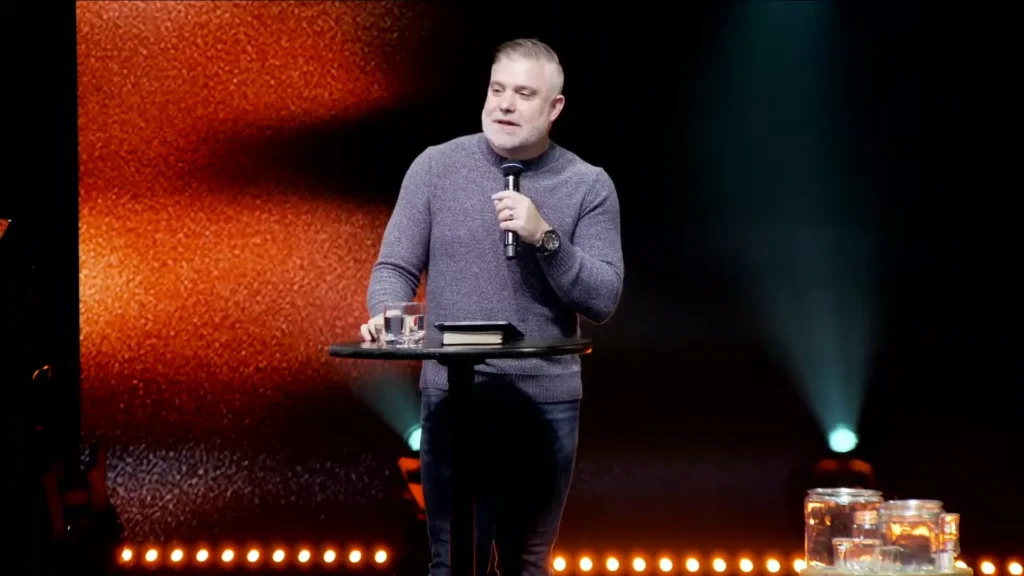
The Seven-Year Cycle and Its Implications
The concept of the seven-year cycle is particularly relevant in financial discussions. Historically, markets have shown patterns of growth and decline roughly every seven years.
By studying these cycles, investors can better understand when to enter or exit the market. This insight allows for strategic planning aligned with historical trends.
The Spiritual Aspect of Money
Money is not merely a physical resource; it also has spiritual significance. Our relationship with money can reflect our values and priorities.
Understanding money as a tool for stewardship rather than a source of anxiety can transform our financial practices. This shift in perspective aligns with biblical teachings on wealth and generosity.
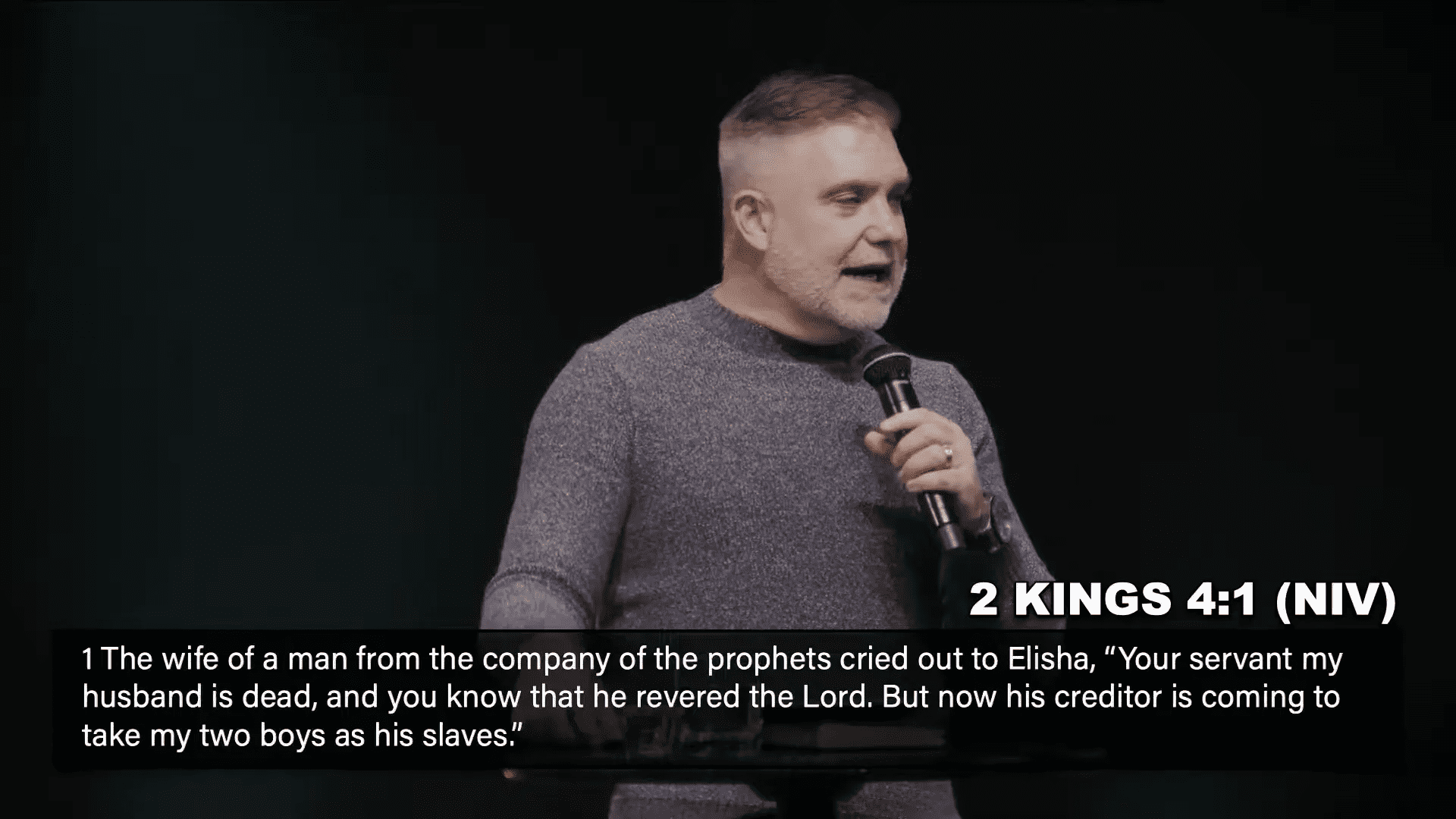
Creating Financial Capacity
Creating financial capacity involves expanding your resources through wise investments and strategic planning. This capacity allows you to weather storms and take advantage of opportunities.
It’s essential to look beyond immediate needs and consider how you can grow your financial base over time. Engaging in continuous learning about financial management is key to this process.
The Widow’s Story: A Case Study
The story of the widow and her oil is a profound example of faith and resourcefulness in the face of desperate circumstances. When she approached Elisha, her situation seemed dire; her husband had died, leaving her in debt, and creditors were threatening to take her sons as slaves. This narrative highlights not only her plight but also the divine provision that followed.
Elisha’s response was pivotal. He asked her what she had in her house, prompting her to recognize that even in her scarcity, there was potential. This act of inventorying what she had—however small—was the first step in her journey towards financial freedom and abundance.
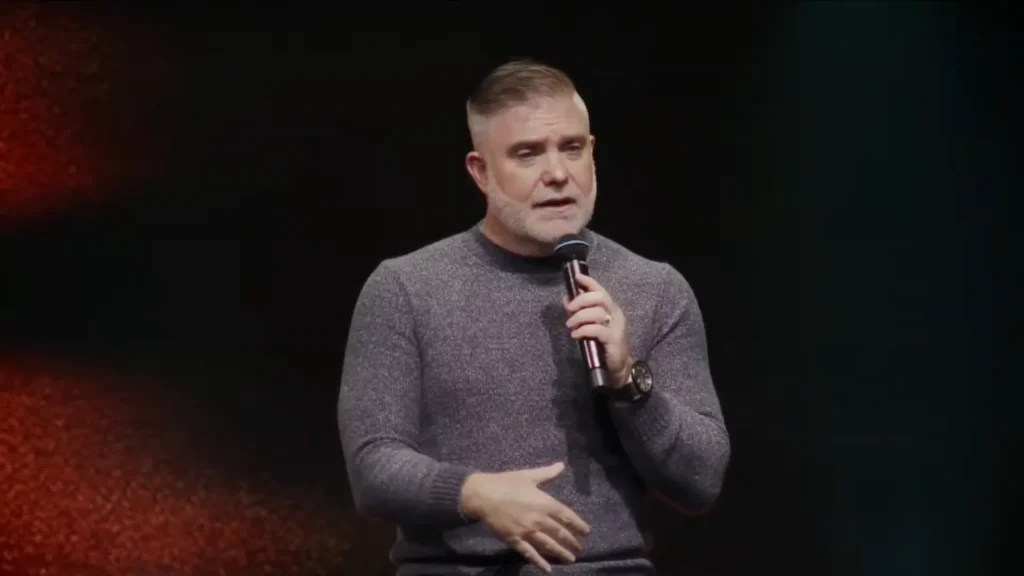
Identifying Your Financial Inventory
Just like the widow, we must take stock of our own resources. What do we have at our disposal? Often, we overlook the small things, viewing them as insignificant. However, these can be the very seeds that God uses to create abundance in our lives.
Consider your skills, talents, and even your time as part of your financial inventory. Each of these elements can be leveraged to create opportunities for growth and generosity. Start by listing your resources and think creatively about how they can be utilized for greater impact.
The Power of Generosity
Generosity is a powerful principle that unlocks blessings in our lives. The widow’s act of pouring her oil into jars was an act of faith and generosity. She didn’t just keep her little supply for herself; she shared it with God, allowing Him to multiply it. This principle holds true today: when we release what we have, we create space for God to work miracles in our lives.
By being generous, we not only bless others but also position ourselves to receive blessings in return. As stated in Luke 6:38, “Give, and it will be given to you.” This cycle of giving and receiving is fundamental to financial stewardship.

Stretching your faith often requires stepping out of your comfort zone. The widow had to confront her fears and doubts as she gathered jars from her neighbors. Each jar represented a step of faith, a declaration that she believed in God’s provision.
In uncertain times, it’s easy to retreat and hold back. However, God invites us to stretch our faith and trust Him more deeply. This might mean increasing your giving, volunteering your time, or investing in something that seems risky. Remember, God’s economy operates differently from the world’s, and He rewards faithfulness.
The Role of Mindset in Financial Stewardship
Your mindset plays a crucial role in how you manage your finances. The widow initially viewed her situation as hopeless, declaring that she had nothing. However, Elisha helped her shift her perspective. By recognizing the small jar of oil as a resource, she opened herself up to God’s miraculous provision.
Adopting a mindset of abundance rather than scarcity is essential. Instead of focusing on what you lack, concentrate on what you have and how it can be used for good. This shift can transform your financial journey from one of fear to one of faith and opportunity.

The Importance of Inventorying What You Have
Regularly taking inventory of your resources is vital for effective financial stewardship. This practice allows you to see not only your material possessions but also your skills, relationships, and opportunities. Each of these can contribute to your overall financial health.
Just like the widow identified her jar of oil, you should identify your unique resources. What skills do you possess? What relationships can you leverage? What opportunities are available to you? By recognizing these, you can begin to see how they can be used to create abundance in your life.
God’s Test of Stewardship
God often tests our stewardship through the resources we have. The widow’s story illustrates how God wanted to see what she would do with her small supply. Would she hoard it out of fear, or would she trust Him and take action?
Our financial decisions are often tests of our faith and stewardship. How we manage our resources reflects our trust in God. When we choose to be faithful with what we have, we position ourselves for greater blessings.

The Journey of Giving and Blessings
The journey of giving is filled with opportunities for blessings. Each time the widow poured oil into a jar, she took a step of faith. As she did, the oil continued to flow, demonstrating that God’s provision is often tied to our willingness to give and serve.
In your own life, consider how you can embark on this journey of giving. Whether it’s through financial contributions, volunteering your time, or sharing your talents, each act of generosity opens the door to blessings. Remember, it’s not about the size of the gift but the heart behind it.
The Principle of Multiplication in Giving
The principle of multiplication is a foundational truth in the realm of giving. Just as the widow’s small jar of oil multiplied when she poured it out, our resources can multiply when we give them to God. This principle is echoed in the story of Jesus feeding the 5000, where a small lunch fed thousands.
When we release our resources—be it time, talent, or treasure—we invite God to work miracles in our lives. The act of giving becomes a catalyst for multiplication, allowing us to impact more lives than we could on our own.
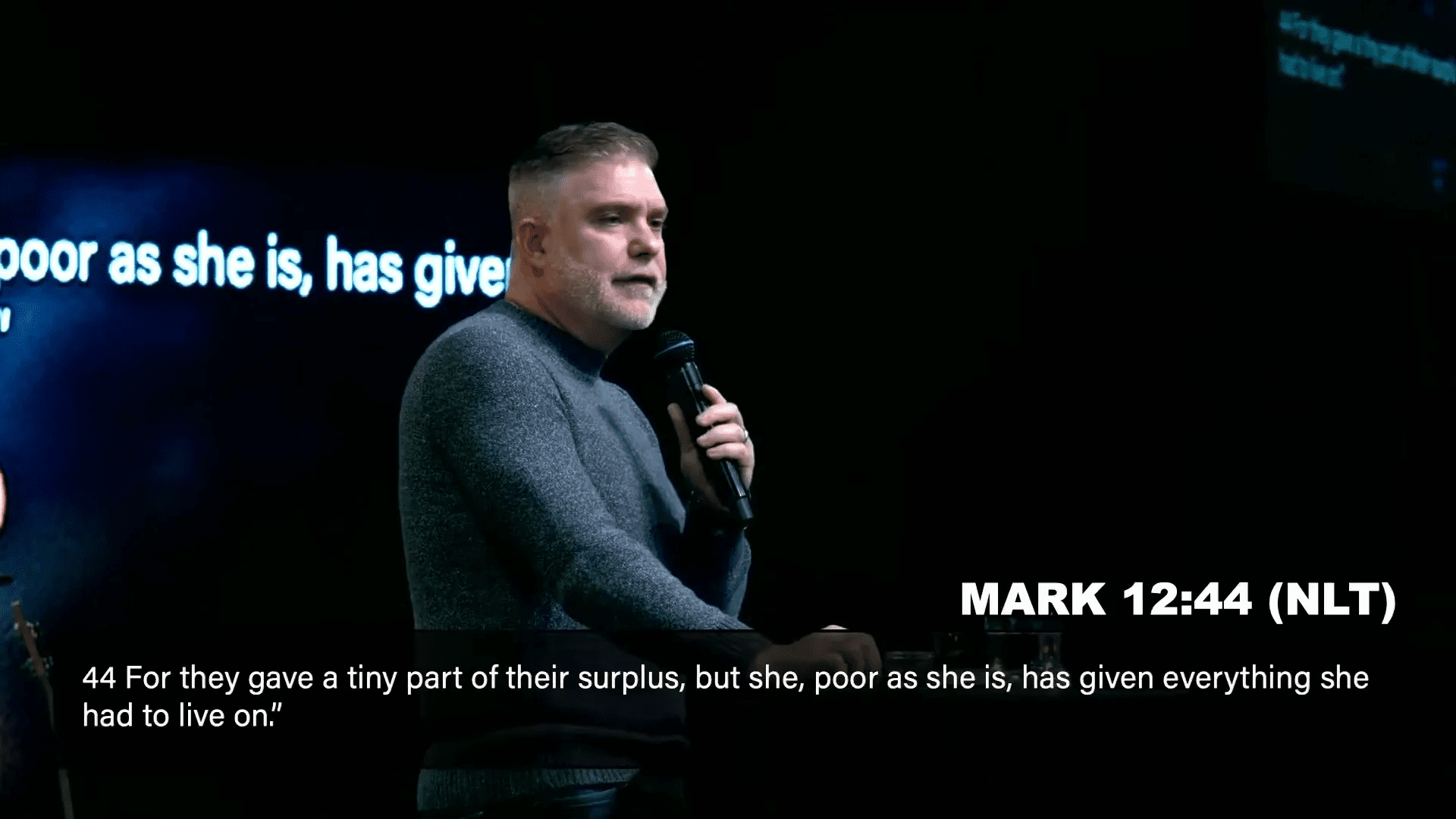
The Widow and the Empty Jars
The empty jars are a powerful symbol in the widow’s story. They represent the potential for abundance when we are willing to step out in faith. Each jar she collected was a testament to her trust in God’s provision.
This principle applies to our lives today. The more we step out in faith and create space for God to work, the more He can fill our lives with blessings. Each empty jar signifies a willingness to receive and trust in God’s abundance.
Conclusion: Embracing Financial Opportunities
In conclusion, the story of the widow and her oil teaches us invaluable lessons about financial stewardship. By recognizing our resources, embracing generosity, and stretching our faith, we can navigate uncertain financial times with confidence.
Remember, God is not limited by our circumstances. He desires to bless us abundantly, but we must be willing to take the first step. Embrace the opportunities before you, and watch as God transforms your small offerings into something extraordinary.
